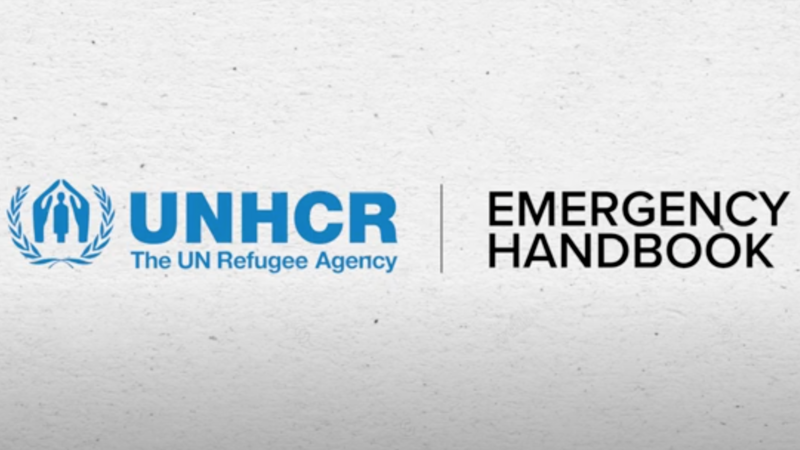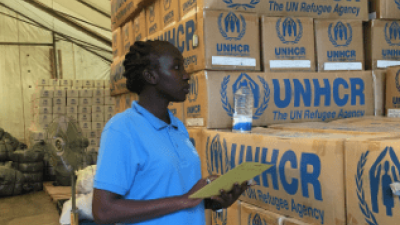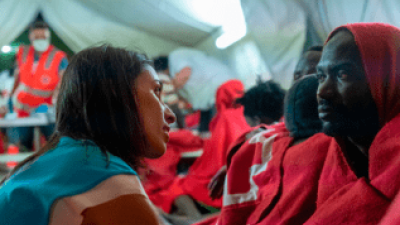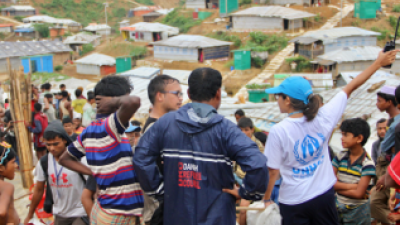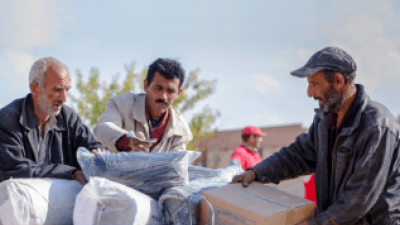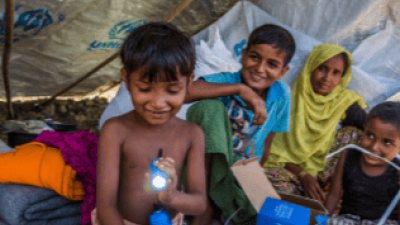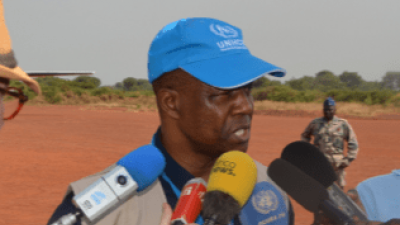
Important: links to external websites, videos and embedded media will not function, when there is no internet connection
Access the offline application of the Emergency Handbook. Select the required format below
Please log in with your UNHCR credentials to access the full content of the offline application of the Emergency Handbook
Important: links to external websites, videos and embedded media will not function, when there is no internet connection
Handbook Video
Handbook User Guide
Let us know what you think of the site and help us improve your user experience….
By clicking on the link below, you can view the full list of available translations.
In instances where a translation is not available in your preferred language, please use Microsoft Edge’s built-in translation tool.
Please note that translations generated by this tool are automated and have not been verified for accuracy.
Latest updates
UNHCR country operations must work on emergency preparedness: Risk monitoring, implementation of preparedness actions, and scenario-based contingency planning.
The overarching goal of UNHCR’s emergency response is to protect and empower those forced to flee their homes, especially the most vulnerable.
Meeting the basic needs of those forced to flee their homes in an accountable and participatory way is essential to save lives in an emergency.
Strategic leadership, streamlined coordination, sharing of information and an inclusive approach to partnership are critical to an effective emergency response.
An emergency response cannot be carried out without a strong UNHCR operation in place with effective services supporting the response.
Rapid deployment of emergency responders is a priority from the onset of an emergency and requires solid human resources management.

